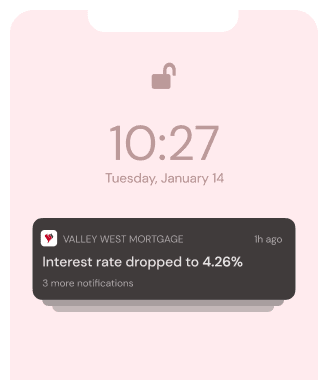
Purchasing a home is a major milestone that on many people's to-do-lists. You can take control of your home-buying process by understanding what it takes to purchase a home and what you should be asking.
Buying a home can be exciting but, it also can lead to some regret home-buying mistakes and with the housing prices gong up the added stress can confuse the process.
Let's look at some ways to prepare yourself of your first buying experience:
Determining your budget is the number one factor when purchasing a home. Rule of thumb, you should be looking at home \prices that are two to three time your annual income. This helps ensure you're not taking on a larger mortgage commitment that you can afford.
When coming up with the figure, try not to exceed 28% of your monthly gross income, look at your cash reserves saving up a minimum of 20% of your down payment plus another 3% for closing costs and enough savings left over to help pay for any home improvements or miscellaneous moving costs.
It's time to start shopping for a mortgage lender and we've got the right one for you. Valley West Mortgage offers Low Rates and No Obligation Pre-Approvals. Licensed in 18 States. We have a reputation of providing great customer service and timely closings. We will work with you throughout the whole buying process by helping you choose the right mortgage options for your situation.
Totaling up all of your monthly expenses associated with a home purchase can ease the anxiety of not being able to afford a mortgage. It will allow some perspective on your current costs.
Brainstorming a list of must-haves and nice-to-haves allows you to look objectively at what houses you can may to work on or if it's move in ready. Finding what is most important will keep you from paying more for what's not necessary and stay within your budget.
This is the time to decide if you're going to hire a real estate agent, if you haven't already. An agent can provide access to more home options than you'll likely find yourself. Find someone who understands your needs and represents you as the buyer and not the seller. Start viewing as many houses as possible.
Most lenders will require the name of the agency providing you with home insurance. Shop around for a quote. Basic insurance typically covers fire, theft, storm damage and liability should someone get injured on your property and sue you. But you can also add on riders for things like expensive jewelry, furniture and home office equipment, as well as choose to get additional flood insurance if your home is in a flood-prone region.
Let's Make An Offer. You don't want to low-ball your offer, and risk losing the home to another buyer or insult the seller- but you also don't want to pay more than is necessary.
Look at other home sales in the area. If sold for an amount that's comparable to your seller's list price, you should be offering a number close to asking. Consider how long the home has been on the market? What's the market like in the neighborhood?
Pay special attention to contingencies in the contract, it will protect you in cases something goes wrong.
Home inspections can cost typically between $200 and $500. If there are issues, you may be able to ask for a price reduction to help cover the cost of repairs. Read it over carefully.
Before signing, you're entitled to a walk-through to confirm that nothing has changed since the inspection. Make sure the funds required for closing are wired into the correct account. Always, ask for copies.
On closing day, bring your I.D., as well as any paperwork you received throughout the process.
Resources:
https://lifehacker.com/the-start-to-finish-guide-to-buying-a-home-1663317601
https://www.discover.com/home-loans/buying-guide/
https://www.zillow.com/home-buying-guide/

Instant notifications for your scenario
Let's do it⏰ Your offer will be delivered to your inbox in less than a minute!